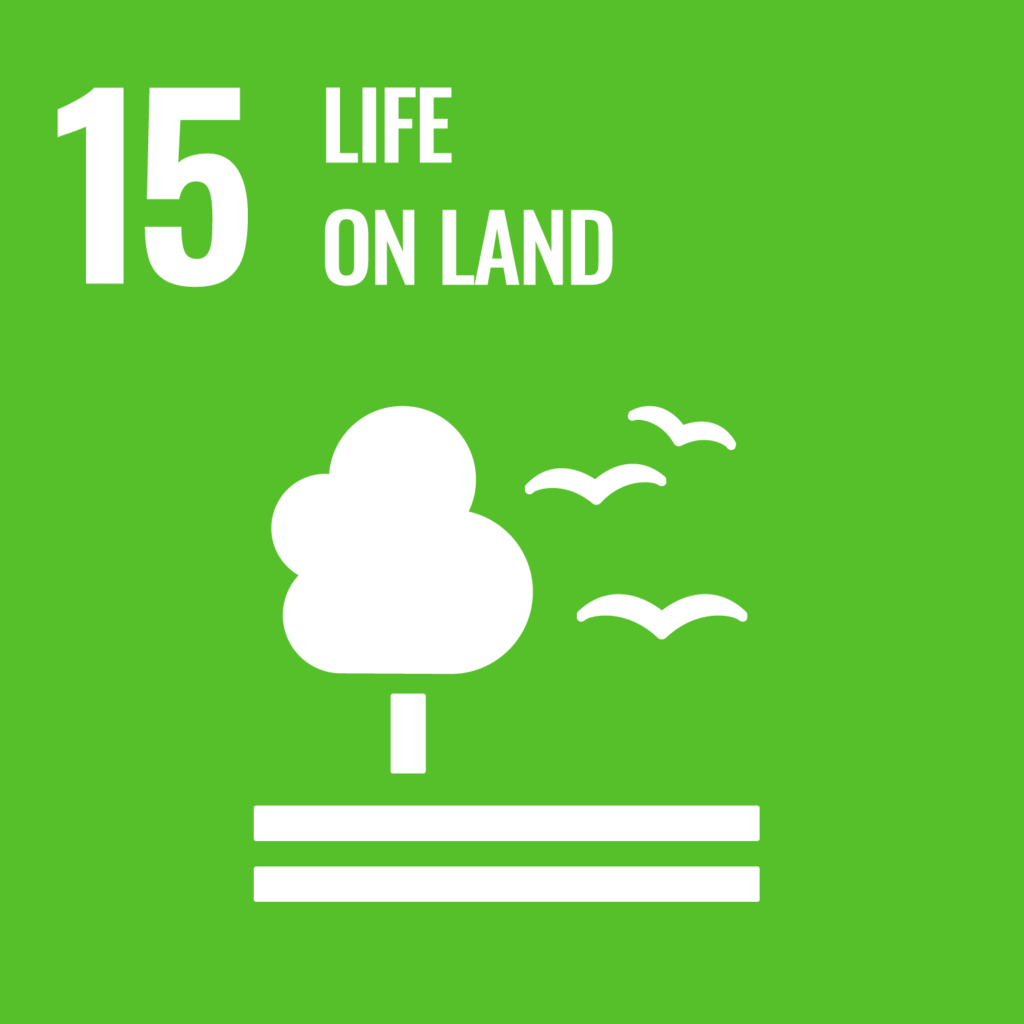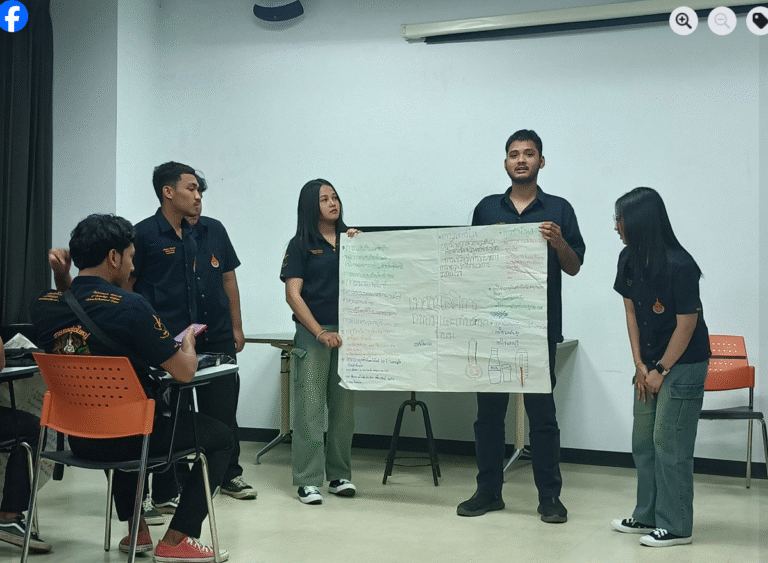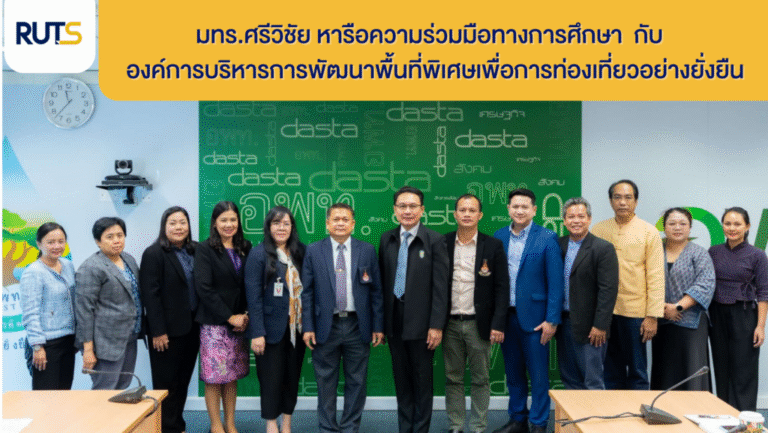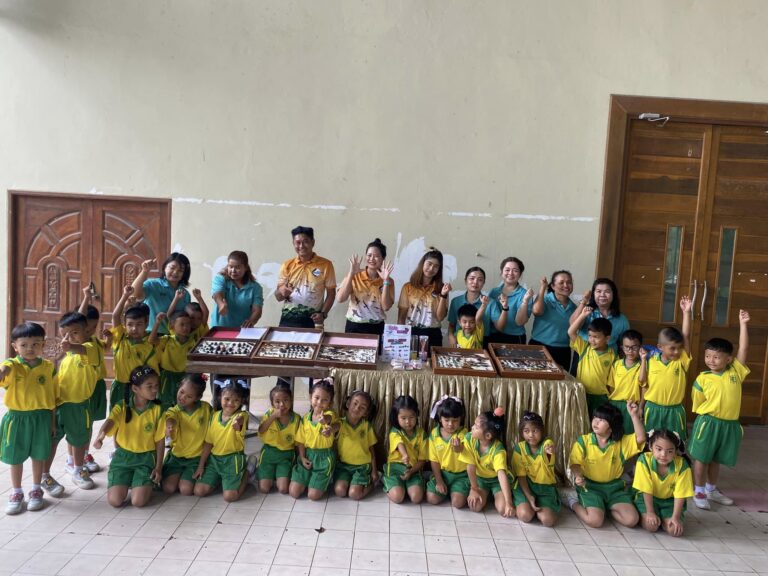Reporters: Asst.Prof.Dr. Prapot Maliwan
Assoc.Prof.Dr. Pornsil Seephueak
Asst.Prof.Dr. Nion Chirapongsathonkul
Asst.Prof.Dr. Worawitoo Meesook
Evidence Date: during 2024 Jan-Dec
Related Indicator: 15.2.5
Details:
On October 17, 2024, Associate Professor Dr. Pornsil Seephueak, a lecturer in the Plant Science Program, conducted a class for undergraduate students in the course Plant Diseases and Their Management. The focus of this session was the production of bioproducts from the beneficial microorganism Trichoderma spp. and extracts from soursop (Annona muricata). in the laboratory.
Students were guided step by step in preparing and cultivating the microorganism to be used as a biological control agent and method for extracts from soursop for control Phytophthora spp. Dr. Pornsil Seephueak emphasized the scientific principles behind the use of antagonistic fungi in reducing plant disease outbreaks. The laboratory session allowed students to gain both theoretical knowledge and practical skills in the field of plant pathology. By engaging directly in the production process, students learned the importance of precision, sterile techniques, and careful monitoring. In addition, they were introduced to safety practices and proper laboratory procedures. The activity was designed not only as a technical training exercise but also as a means of promoting problem-solving and critical thinking. This combination of hands-on work and theoretical discussion created a comprehensive learning environment.
During the session, students also conducted experiments to test the effectiveness of Trichoderma spp. against plant pathogens. The trials enabled them to observe how the antagonistic fungus suppressed the growth of harmful microorganisms. These experiments reinforced the concept of biological control as a sustainable alternative to chemical pesticides. Students recorded their observations, analyzed data, and discussed the outcomes in groups, which encouraged active participation and peer-to-peer learning. Through this process, they developed a deeper understanding of the mechanisms by which Trichoderma spp. protects plants from diseases. Dr. Pornsil highlighted real-world applications of biocontrol agents in agriculture, further connecting classroom knowledge with field practices. The use of Trichoderma spp. or plant extracts were presented as part of Integrated Pest Management (IPM), a strategy that combines different techniques to maintain crop health. This approach aims to minimize environmental impact while maintaining effectiveness. The laboratory experiments thus served as both scientific training and a demonstration of sustainable agriculture.
The products generated from the laboratory work were later applied to student planting plots as part of their practical training courses. By using their own laboratory-produced bioproducts, students experienced the full cycle from research to real-world application. This allowed them to witness the tangible benefits of their efforts in reducing plant diseases in the field. The initiative encouraged students to recognize the value of producing bioproducts themselves, fostering independence and innovation. It also promoted awareness of sustainable practices that reduce reliance on chemical inputs. Dr. Pornsil emphasized that this type of training equips future agricultural professionals with the knowledge to improve crop production in an environmentally friendly way. The integration of laboratory work and field application strengthened students’ confidence in applying scientific methods to solve agricultural problems. This hands-on experience is critical in bridging the gap between theory and practice. Ultimately, the activity provided students with essential skills and knowledge that can contribute to sustainable agriculture in their future careers.
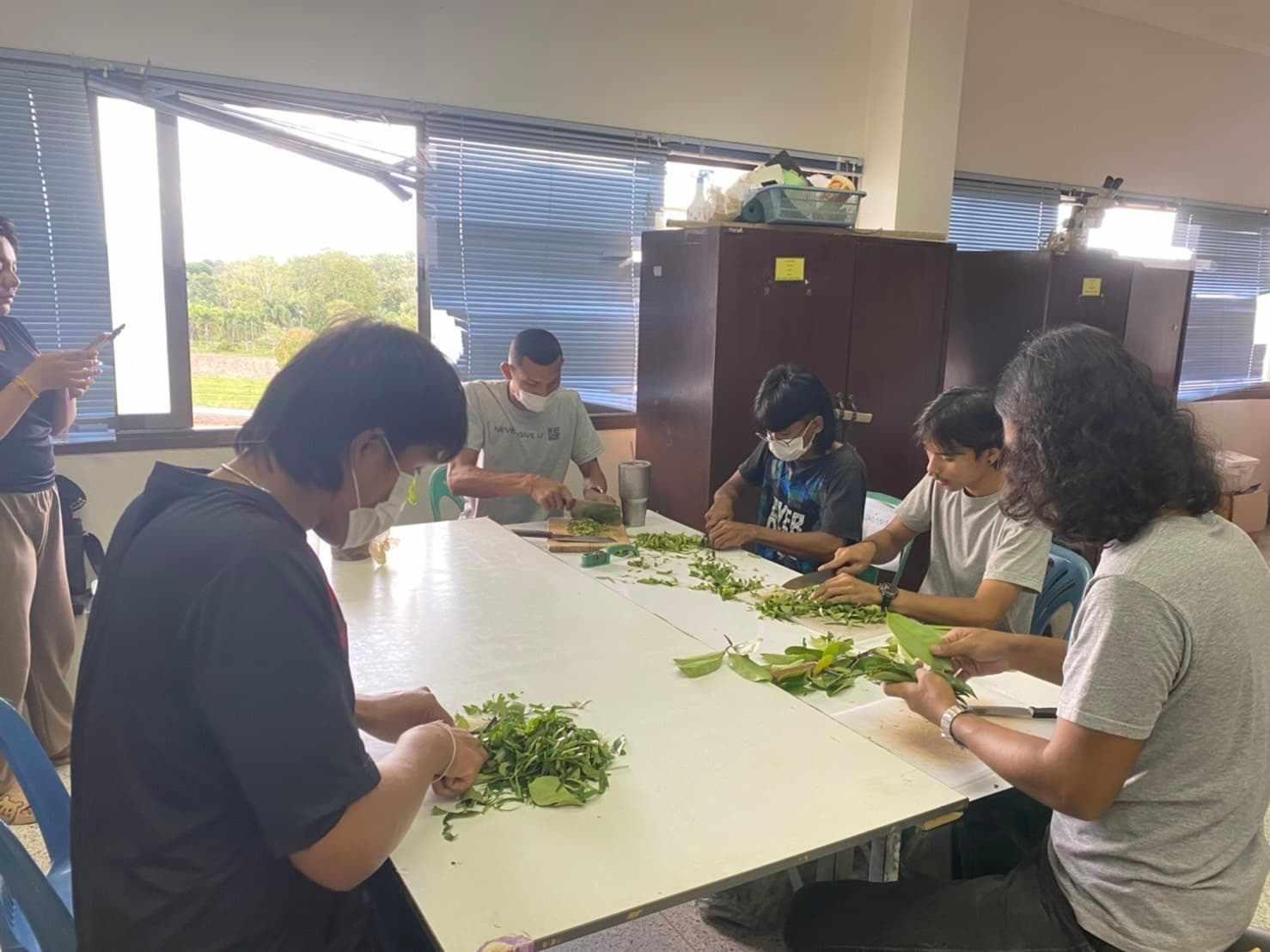
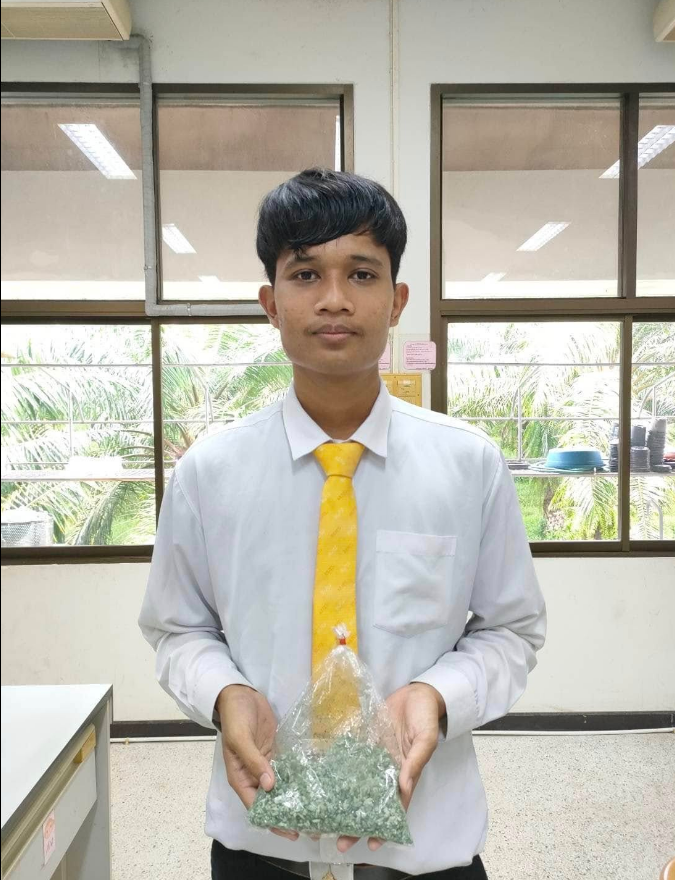
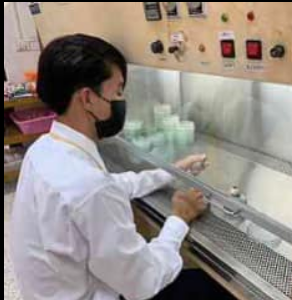
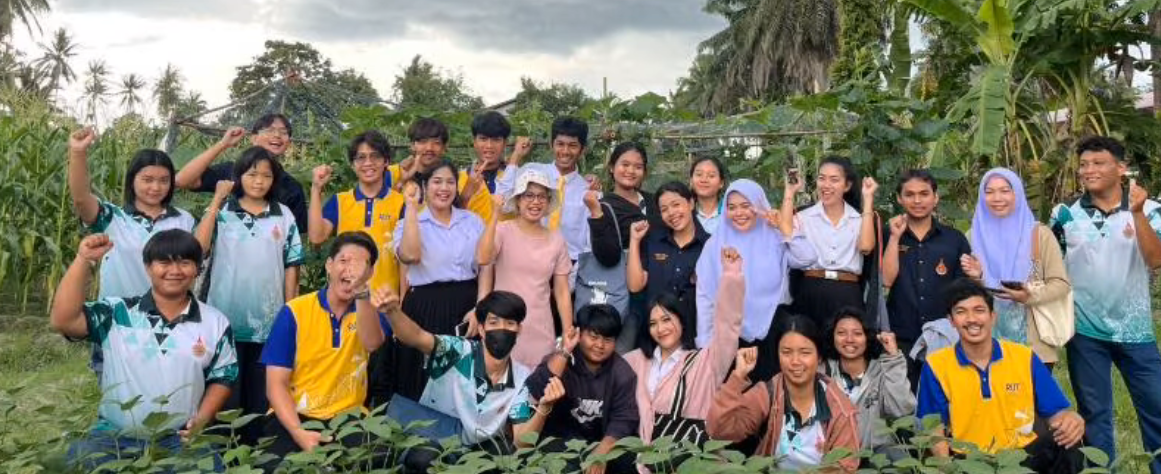
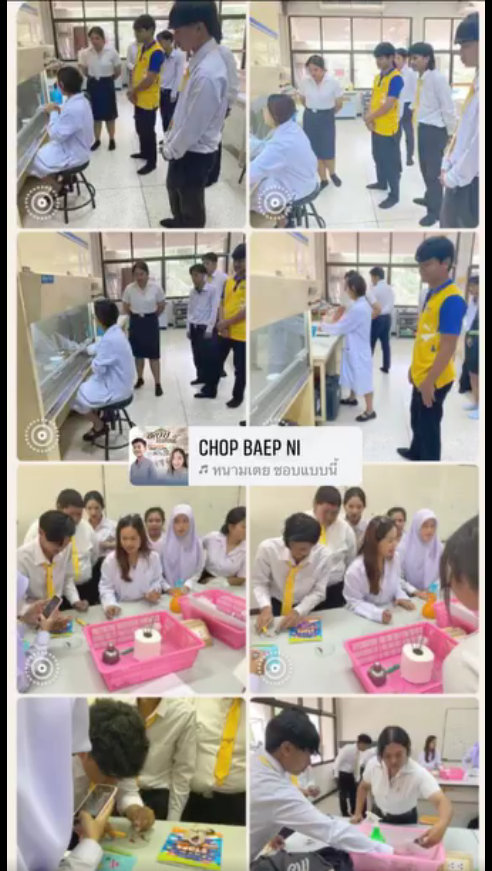
Related Links:

